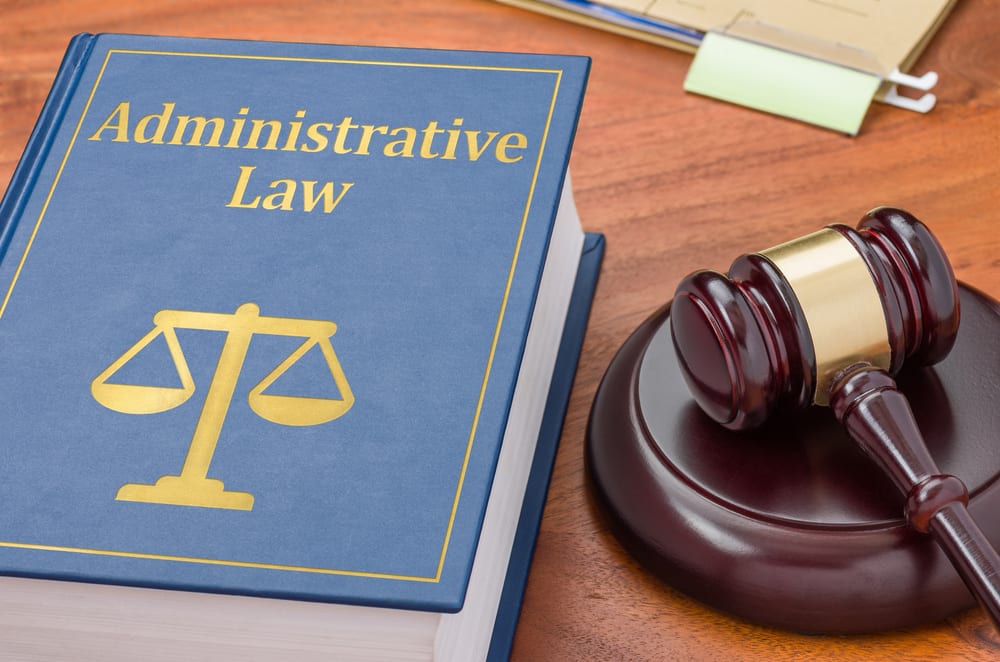The Supreme Court Opens the Door to Sue the Unemployment Insurance Agency for Wrongful Seizure
The Supreme Court Opens the Door to Sue the Unemployment Insurance Agency for Wrongful Seizure of Property


The Michigan Supreme Court allows for thousands of persons who had the tax refunds seized or their wages garnished by the unemployment insurance agency to sue the government for making false accusations of fraud and seizing their property.
In a case decided not six days ago, all the justices of the supreme court voted as one to allow persons who had their tax refunds seized and their hard-earned wages garnished to sue the state of Michigan for taking their property without due process of law.
The Michigan Unemployment Insurance Agency (UIA) deployed a defective computer program that randomly named unemployed workers receiving benefits as making fraudulent applications or failing to report additional income. The program simply spit out a name based on mere statistics without any consideration for the actual factual circumstances. This led to major infighting between the UIA employees who brought the baseless claims and the state administrative law judges who kept on finding in favor of the unemployed workers. Many top officials in the UIA called for the removal of some of the judges.
In this landmark ruling the Justices struck down the states’ defense that all claims were barred under governmental immunity. Governmental immunity dates to ancient times when it was common law that no person could sue the king. Modern day governments still try to wear this crown in many circumstances, although an informed democracy will always find ways to curtail the powers of the elected sovereigns and seek social justice. The court of claims is the only place to bring lawsuits against the government.
The court scrutinized the governmental immunity statute paying attention to the phrase “event giving rise to the cause of action” for the purpose of determining when the window to file a claim would close.
Then the Justices reiterated a core right central to every individual in this country, regardless of citizenship, that “No person shall be deprived of life, liberty or property without due process of law.”
The court unanimously agreed that the hearings held by the ALJs DID NOT trigger the six-month time limit to file a complaint in the court of claims. The court decided that when the UIA seized a victim’s tax return or garnished their wages, that was the “event giving rise to the cause of action”.
270




